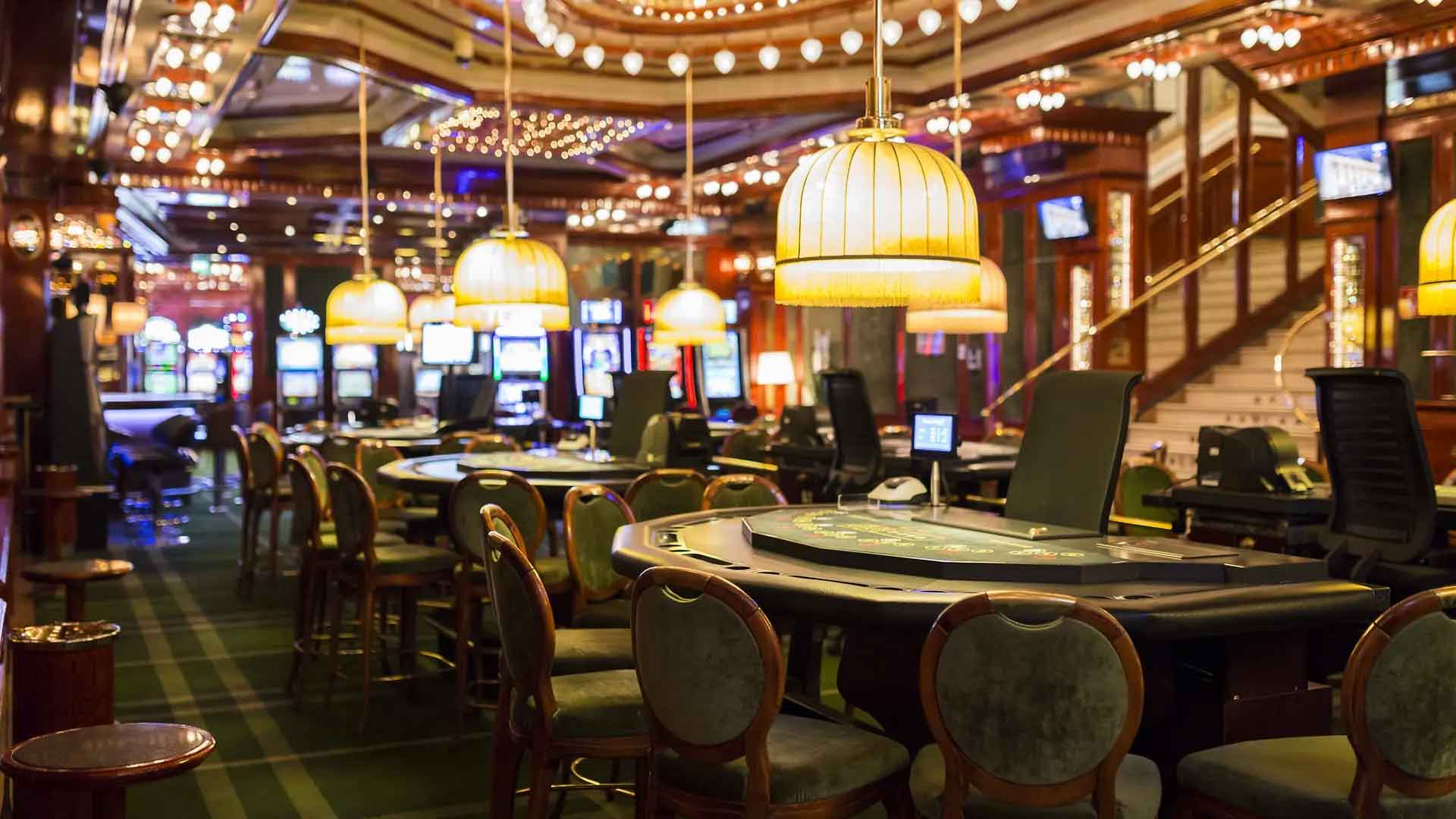The Role of Superstition in Casino Culture
The Role of Superstition in Casino Culture
Casinos, with their dazzling lights, captivating sounds, and the tantalizing promise of fortune, have long been breeding grounds for superstition. The high-stakes environment, the element of chance, and the pursuit of winning create a perfect storm for the emergence and reinforcement of superstitious beliefs. From lucky charms to ritualistic behaviors, superstitions are deeply woven into the fabric of casino culture, influencing the way players approach games and, arguably, their chances of success. This article delves into the multifaceted role superstition plays within the casino landscape.
The Psychology of Superstition
At its core, superstition is a psychological phenomenon. When faced with uncertainty and the desire for control, humans often seek patterns and meaning where none exist. This is particularly true in games of chance where outcomes are inherently random. The brain, wired to find connections, may attribute a winning streak to wearing a specific shirt or placing a bet at a particular time. Conversely, a losing streak might be blamed on breaking a ritual or failing to follow a superstitious practice. This leads to the development of personal rituals and beliefs aimed at influencing luck and minimizing the anxiety associated with potential losses.
Another important factor is the "illusion of control." This cognitive bias leads individuals to overestimate their ability to influence events they cannot truly control. In a casino, this illusion can manifest in various ways: blowing on dice, touching a slot machine's screen, or selecting particular numbers. These actions, even when logically understood to be inconsequential, provide a sense of control and can reinforce the belief in superstition.
Common Superstitions in Casinos
The casino floor is a vibrant tapestry of superstitious rituals. Here are some of the most common:
- Lucky Charms: From lucky coins and rabbit's feet to specific clothing items, players often carry objects believed to bring good fortune.
- Ritualistic Behavior: Players may engage in repetitive actions, such as tapping a table, crossing their fingers, or whispering phrases, to influence the outcome of a game.
- Number Superstitions: Certain numbers, like 7 or 13, are often associated with luck or misfortune. Players might avoid betting on unlucky numbers or favor those they perceive as lucky.
- Game-Specific Superstitions: Specific games have their own sets of superstitions. In roulette, players might believe in "hot" and "cold" numbers, while in poker, they might avoid certain seats or use specific card-handling techniques.
- Observing the Table: Watching other players' actions and results can lead to copying the behavior of someone perceived as lucky.
Superstition's Impact on Gameplay
While superstitions have no actual bearing on the odds of winning, they significantly impact how players approach games. They can influence bet sizes, game selection, and the overall emotional experience. For some, superstition can create a sense of comfort and control, allowing them to enjoy the game despite the inherent risks. For others, it can lead to irrational decision-making, such as chasing losses or making bets based on emotion rather than strategy.
Furthermore, superstitions can affect a player’s discipline. Relying on a lucky charm may lead a player to overextend their betting budget, under the assumption that their luck will hold. Similarly, superstitions can prevent players from employing sound strategy, and they might even lead players to give up when their "lucky" rituals aren't effective.
The Casino's Perspective
Casinos often acknowledge, and sometimes even encourage, superstitious behavior. The entertainment value of these rituals is undeniable, adding to the atmosphere and the excitement of the gaming experience. Casino staff members may even be subtly complicit in promoting superstitions. Some casinos place lucky tokens within reach, or the design of the layout might promote the feeling of good fortune. They understand that players who believe in luck are more likely to stay longer and bet more, ultimately increasing the casino's profits.
Beyond the Games: Superstition in Casino Marketing
Casinos often incorporate elements of luck and fortune into their marketing campaigns. They might offer promotions tied to specific numbers, themes, or symbols associated with good fortune. These campaigns tap into the emotional appeal of superstition, further reinforcing the connection between the casino and the desire to win. They understand how players hope to strike it rich, and they design these marketing messages to tap into that feeling.
However, casinos also have a responsibility to promote responsible gambling. While they may acknowledge the role of superstition, they must avoid creating the impression that luck is a guaranteed path to success. They must also be aware of their own marketing that could encourage a compulsive behavior of any kind.
Conclusion
Superstition is an inherent part of the casino experience, deeply rooted in the psychology of gambling. While it offers players a sense of control and can enhance the enjoyment of the game, it's essential to remember that luck is ultimately a matter of chance. Players should approach casinos with a balanced perspective, recognizing the entertainment aspect while also being mindful of responsible gambling practices. Whether it’s for the thrill of a win, or the enjoyment of the experience, the magic of the casino lies in the exciting promise of a payout – if that’s what your heart desires, then experience the wonder of a winning moment from m88.com live casino.
tag: M88,



